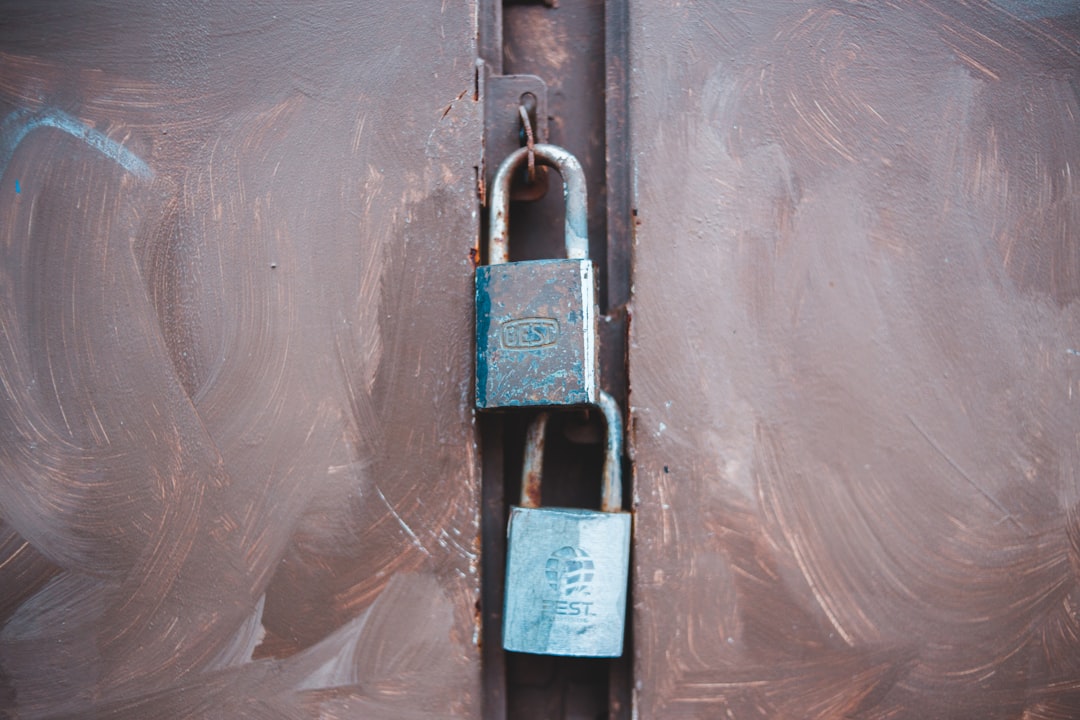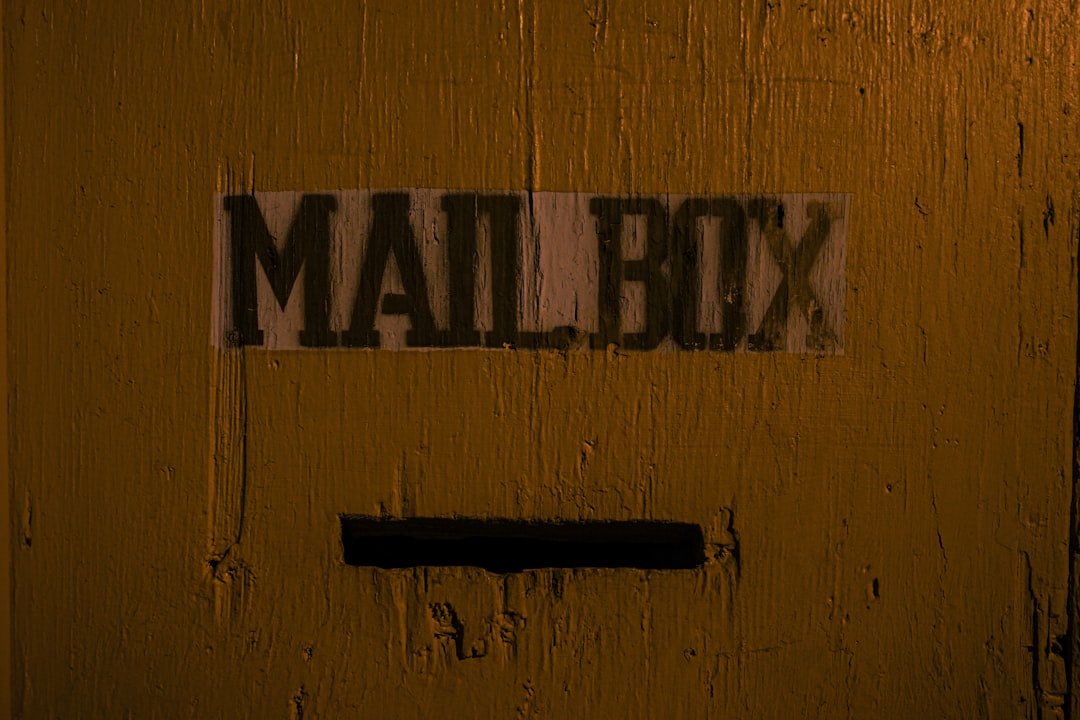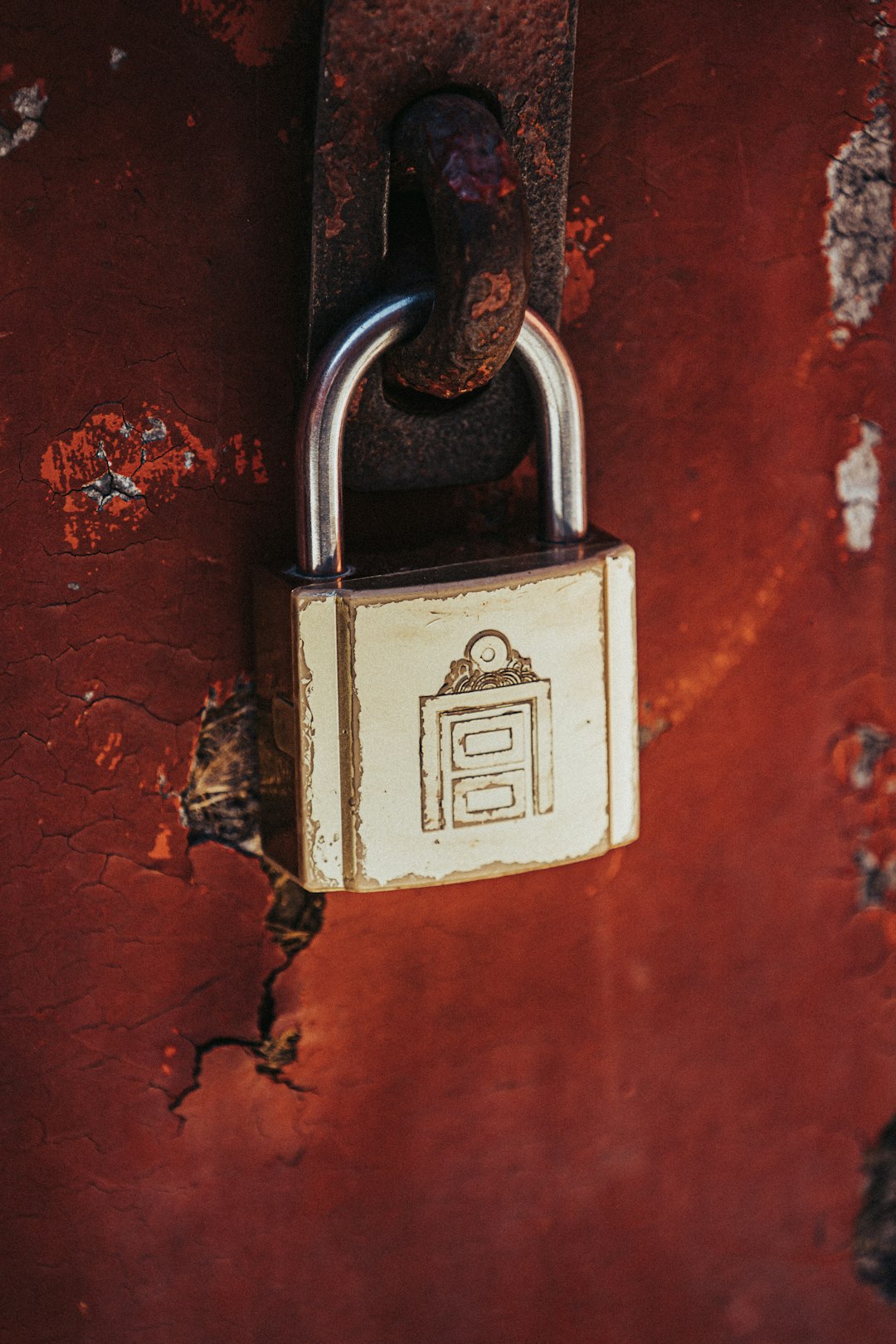In recent years, a growing number of users across the globe have started exploring alternatives to Gmail for one primary reason: privacy. Once the go-to standard for email communication, Gmail’s popularity is facing a subtle, yet growing shift in sentiment due to increasing concerns over data security and personal privacy.
People are beginning to understand the trade-offs that come with using free services from tech giants. While Gmail offers convenience, seamless interface, and integration with other Google products, it also comes at the cost of sharing valuable personal data. This trade-off has become less acceptable for privacy-conscious users who demand more control over how their information is stored and used.
Why Gmail Users Are Worrying About Privacy
Gmail, part of the larger Google ecosystem, has faced scrutiny for its approach to user data. Though Google claims it stopped scanning email contents for advertising purposes in 2017, it continues to mine metadata and behavioral patterns. These data points, while allegedly used for service improvement, spark concerns about the fine line between user benefit and corporate surveillance.
- Email metadata tracking: Information such as send times, recipient addresses, and location data can still be tracked.
- Integration with broader Google services: Google’s ability to correlate Gmail data with other platforms like YouTube, Search, and Google Maps raises red flags about unified data profiles.
- Targeted advertising: Users frequently report eerily accurate suggestions and ads, raising suspicions about background data analysis.
These growing concerns are catalyzing a larger movement of privacy-focused users who are consciously seeking email platforms that prioritize confidentiality over convenience.
The Rise of Gmail Alternatives
Several email providers have emerged with a clear focus on user privacy and data protection. These alternatives offer varying degrees of encryption, transparency, and control, resonating with those who are willing to bypass mainstream services for the sake of preserving their digital identity.

1. ProtonMail
Founded in Switzerland, ProtonMail tops the list of Gmail alternatives for privacy. It employs end-to-end encryption and does not require any personal information to sign up. Its servers are located in a country known for stringent privacy laws, offering users a legal umbrella of security.
2. Tutanota
Based in Germany, Tutanota elevates the concept of privacy by encrypting entire mailboxes, including the subject lines and contact details. It also runs on its own secure servers and open-source infrastructure, making it a favorite among tech-conscious privacy enthusiasts.
3. StartMail
Developed by the makers of Startpage, a private search engine, StartMail offers PGP encryption, no advertisements, and a commitment to not logging user data. It is particularly useful for those looking for a seamless interface without sacrificing privacy.
4. Mailfence
This Belgium-based email service shines with digital signing and OpenPGP encryption. Mailfence goes beyond email by offering calendar, contacts, and document storage– all encrypted and private.
What Drives the Shift Away from Gmail?
While privacy considerations are the leading factor in this migration, several other trends contribute to Gmail users seeking alternative email services.
- Government Surveillance: Revelations from whistleblowers and investigative journalists have highlighted how tech companies can be compelled to hand over user data to governments. Privacy-focused users find this unacceptable.
- Corporate Usage of Data: Google’s business model is heavily reliant on user data. Even if emails aren’t being scanned directly, metadata still feeds into their advertising and AI algorithms.
- Data Breaches: People are weary of centralized services serving millions of users, which naturally become larger targets for hackers. A smaller, decentralized provider feels like a safer choice.
Challenges of Switching Email Providers
Despite the promising features of Gmail alternatives, transitioning to a new platform is not without its drawbacks. These challenges pose friction but are not enough to discourage the more privacy-conscious demographic.
- Habituation to Google’s ecosystem: Gmail integrates neatly with Drive, Photos, Calendar, and countless third-party apps. Leaving Gmail can disrupt workflows.
- Lack of familiarity: Interfaces of privacy-centric email platforms may lack the polish or user-friendliness of Gmail.
- Email migration: Migrating contacts, folders, and stored messages is a cumbersome process that deters many users.
However, dedicated users willing to improve their digital hygiene are finding solutions. Detailed guides, data export tools, and growing community support are considerably easing these transitions.

The Ethical Perspective
Choosing an email provider is no longer just about functionality or convenience. For many, it’s a moral and political decision. By moving their communications away from data-hungry corporations, users are signaling disapproval of exploitative business models built on surveillance capitalism.
The rise of GDPR-style privacy laws globally also compels users to take semi-legal stances by aligning with providers that adhere to not just legal obligations but ethical data philosophies. Trust has become a currency, and providers who treat user data with respect are gaining ground against corporate giants.
Future Outlook
The demand for private communication channels continues to rise, especially as cybersecurity threats evolve and digital rights gain ground in public discourse. Privacy-focused email providers are expanding their infrastructure, improving UX, and offering free tiers to increase adoption levels.
As awareness spreads, especially among younger generations and professionals in sensitive industries like legal, healthcare, and journalism, Gmail alternatives will likely see continued and accelerated growth.
The question for the modern user is no longer “Can I switch from Gmail?” but “Am I willing to take control of my data privacy?” The tools now exist – it’s about making a conscious, informed choice.
Frequently Asked Questions
- Q: Is Gmail really not private?
A: Gmail is not end-to-end encrypted by default. While it has security measures, Google still collects data that can be used for analytics and product development. - Q: What is the most private Gmail alternative?
A: ProtonMail is often considered the gold standard due to its Swiss jurisdiction and end-to-end encryption policies. - Q: Can I keep my current Gmail address while switching?
A: You can forward Gmail emails to your new address or inform your contacts of the shift. However, you cannot use a Gmail address outside Google’s service. - Q: Do private email providers offer free plans?
A: Yes. Many offer free tiers with limited features, which is often sufficient for everyday users. - Q: Are privacy-focused email providers trustworthy?
A: Trustworthy providers are transparent about their policies, open-source their platforms, and operate in countries with robust privacy laws.
